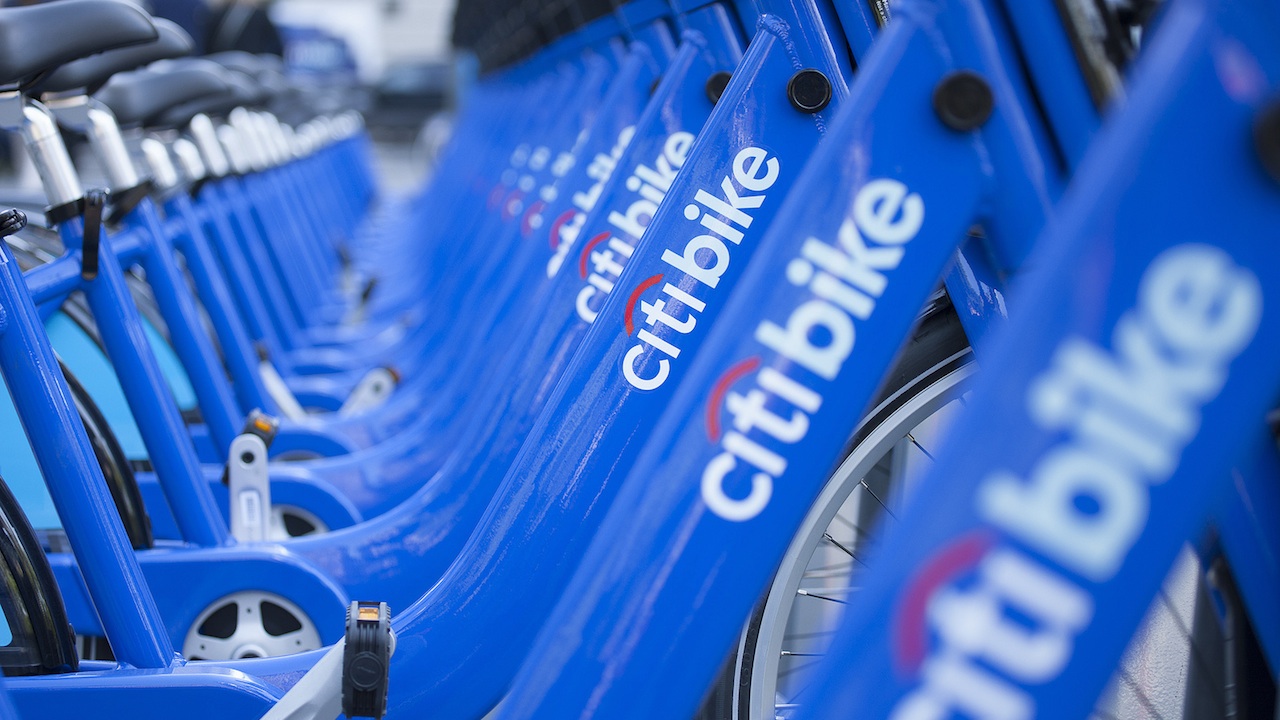The Citi Bike program has been a boon to New Yorkers and for the city’s congested streets, but an audit has found that there’s “shoddy oversight” over the program and that the bikes suffer from “poor maintenance.” A Friday press release from New York City Comptroller Scott Stringer’s office stated that Citi Bike program operator New York City Bike Share has “failed to complete inspections, performed substandard maintenance and had excessive delays in response to cleanliness complaints.”
The audit examined maintenance data from May 2013 through May 2014 of 330 stations carrying 6,000 bikes throughout the city and found the following:
According to NYCBS’s own maintenance data, 28 percent of bikes system-wide were inspected in November 2013, 34 percent in December 2013 and 38 percent in January 2014, despite contract requirements that 100 percent of bikes undergo a complete maintenance check at least once per month. NYCBS cited the layoff of 16 on-street bike checkers during the winter months as a reason behind the decline in maintenance checks. By March 2014, following the re-hiring of inspectors, inspections rose to 54 percent of the fleet and to 73 percent by April. However, a sample of the maintenance records of 25 bikes from July 2013 through December 2013 found that NYCBS completed only 60 percent (84 of 141) of required monthly maintenance checks.
The audit also found significant problems with the reliability of the Citi Bike’s app, disconnected and communications payment systems at stations, and delays in responding to station and bike-related cleanliness complaints.
While the report is pretty damning, Stringer is hopeful that Bikeshare Holdings LLC, the new owner of NYCBS’s parent company Alta Bicycle Share, will help turn things around with its additional capital and focus on maintenance. Bikeshare Holdings plans to “double the size and geographic reach of the Citi Bike system by 2017.”
“While Citi Bike has become part of our urban landscape, auditors found that the bike sharing program’s spotty maintenance, poorly-cleaned bikes and substandard docking stations inconvenienced riders and discouraged growth in the system. Moving forward, I hope that these findings will provide a road map for ways to improve safety and performance for this critical component of our transportation network,” said Stringer.
(Photo: Aymann Ismail/ANIMALNewYork)



